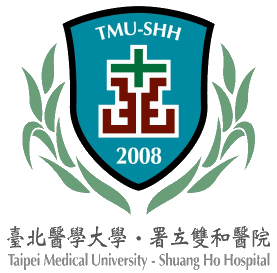
Preliminary Check Service for Predatory Journal
We won't tell you if it is a predatory journal or not. We only provide information that can help you make a decision: submit your manuscript to the journal or choose another journal. Feel free to contact us if you have any questions.
→ Apply for the Preliminary Check Report



